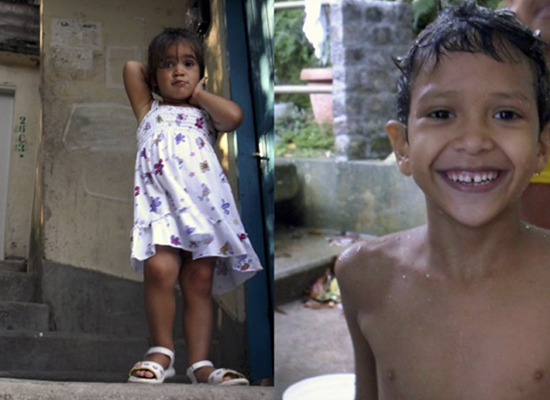 En junio, Brasil hizo historia como el 38º país del mundo que prohíbe todas las formas de castigo corporal contra los niños. Poner fin al castigo físico y la humillación como formas de disciplinar a los niños y adolescentes es el núcleo de la estrategia de Brasil. No bata, educa Campaña (en inglés, “No pegues, educa”). Como miembro de la campaña, el coordinador de MenCare Equimundo aplaude esta decisión histórica para proteger a los niños de todas las formas de violencia según la legislación brasileña.
En junio, Brasil hizo historia como el 38º país del mundo que prohíbe todas las formas de castigo corporal contra los niños. Poner fin al castigo físico y la humillación como formas de disciplinar a los niños y adolescentes es el núcleo de la estrategia de Brasil. No bata, educa Campaña (en inglés, “No pegues, educa”). Como miembro de la campaña, el coordinador de MenCare Equimundo aplaude esta decisión histórica para proteger a los niños de todas las formas de violencia según la legislación brasileña.
“Sabemos que la violencia contra los niños puede generar problemas sociales, emocionales, psicológicos y en el aula”, afirmó Vanessa do Nascimento Fonseca, coordinadora de programas de Equimundo. “Una educación sin castigo físico refuerza la confianza entre un niño y su cuidador. La implementación de la ley evitará que los niños se vean en situaciones en las que corran el riesgo de sufrir abuso físico. El castigo más severo es una advertencia, por lo que esta ley sirve como medida preventiva y garantiza los derechos de los niños y adolescentes”.
Como parte de la No bata, educa Campaña del año pasado, Equimundo lanzó el libro infantil Vento en Rosto (en español, “El viento en mi cara”), que promueve una educación libre de violencia desde la perspectiva de los niños. Esta primavera, Vento en Rosto ganado el 3er Premio Anual de Comunicaciones Avon para el Cambio Comunitario, que reconoce a las organizaciones cuyas estrategias de comunicación innovadoras ayudan a transformar comunidades, instituciones, políticas y comportamientos para prevenir y poner fin a la violencia contra las mujeres y los niños.
Poner fin al castigo corporal es una de las áreas de enfoque de políticas de MenCare, y la campaña ha producido varios materiales sobre los derechos de los niños y la crianza positiva. El coordinador de MenCare Sonke Justicia de género Recientemente es autor de ocho Hojas informativas sobre el castigo corporal que desacreditan mitos comunes sobre el castigo corporal y promueven la disciplina positiva y el cuidado.